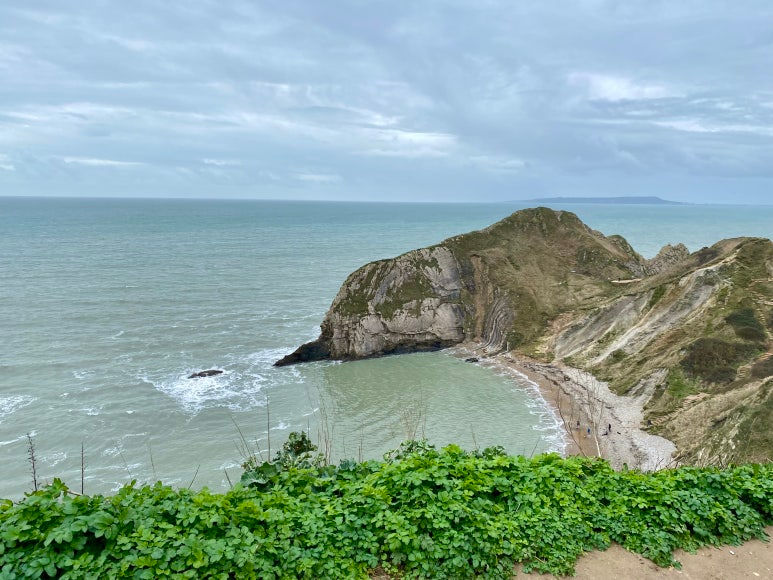How to Naturally Lower High Blood Pressure and Avoid Dangerous Medications
- tony26724
- Feb 17
- 4 min read
Hey there, friends. It’s good to have you here with me today. Let’s talk about something that so many of us deal with—high blood pressure. You know, that silent troublemaker that sneaks up on us as we get older. Some folks call it the “silent killer” because it doesn’t always come with warning signs. But we’re not here to panic. We’re here to take charge of our health, naturally, without having to rely on a pile of medications.

Now, before we dive in, let me say this—I’m not a doctor. I’m just someone who’s been on this journey, just like you, looking for real ways to feel better and live longer without all the side effects that come with prescription drugs. I’ve done my research, tried things myself, and talked to plenty of folks who’ve taken the natural route. So grab a cup of tea, get comfortable, and let’s chat about how we can lower blood pressure the natural way.
First, let’s talk about what’s actually happening when your blood pressure is high. Your heart is working harder than it should, pushing blood through your arteries with too much force. Over time, that extra pressure can damage arteries, make the heart weak, and increase the risk of serious health problems like strokes or heart attacks. Not fun, right? But here’s the good news—your body wants to heal itself. If we give it the right tools, it will.
Now, let’s start with something that can make an enormous difference—what we eat.
There are certain foods that naturally help lower blood pressure. One of the best? Leafy greens. Spinach, kale, swiss chard—they’re packed with potassium, which helps balance out the sodium in your system. And let’s be honest, a lot of us have had more than our fair share of salty foods over the years. Sodium pulls water into the bloodstream, increasing pressure, while potassium helps flush it out. So load up on those greens.
Another great food? Beets. Now, I know beets aren’t everybody’s favorite, but hear me out. Beets are rich in nitrates, which help relax blood vessels and improve circulation. If you’re not a fan of the taste, try blending them into a smoothie with some apple and ginger. You won’t even notice they’re there, but your heart will thank you.
Let’s talk about garlic. Not only does it make everything taste better, but it also helps widen blood vessels, reducing pressure. Just one clove a day can work wonders. If the taste is too strong, try roasting it—it mellows out and gives a sweet, nutty flavor.
Now, what about what we drink? A lot of folks turn to coffee first thing in the morning, but caffeine can spike blood pressure. Instead, try hibiscus tea. It’s not only delicious but has been shown in studies to help lower blood pressure naturally. Plus, it’s refreshing, whether hot or iced.
Now, let’s talk about something a lot of people overlook—stress. Stress can send your blood pressure through the roof. We can’t always control what happens in life, but we can control how we respond to it. Deep breathing exercises, meditation, even just taking a walk outside can work wonders. The key is to make time for yourself every day, even if it’s just ten minutes.
Speaking of walking, exercise is one of the most powerful tools we have. You don’t need to run marathons or lift heavy weights—just walking 30 minutes a day can make a significant difference. It strengthens the heart, improves circulation, and helps bring those blood pressure numbers down. If walking feels like too much, start with five minutes and work your way up.
And here’s a little tip that might surprise you—laughter. Yes, laughter. Studies have shown that laughing can actually relax blood vessels and improve circulation. So, watch that funny movie, call up a friend who always makes you chuckle, and find reasons to smile. It’s good for the soul and for the heart.

Now, we have to talk about salt. I know, I know—salt makes everything taste good. But too much of it is a major reason why blood pressure creeps up. The good news? You don’t have to give up flavor. Try using herbs and spices instead—garlic powder, lemon zest, turmeric, and black pepper can bring out amazing flavors without the extra sodium.
Another key factor? Hydration. Many of us aren’t drinking enough water, and that can lead to higher blood pressure. Water helps flush out excess sodium, keeps blood flowing smoothly, and supports kidney function. So aim for at least 8 glasses a day. If plain water isn’t appealing, add a slice of lemon, cucumber, or a few berries for a little natural flavor.

Let’s talk about one last thing—sleep. Not getting enough rest can cause blood pressure to rise. The body needs that downtime to heal and restore. If you’re having trouble sleeping, try setting a bedtime routine—dim the lights, turn off screens an hour before bed, and maybe sip on some chamomile tea. A well-rested body is a healthier body.
So, let’s sum this up. Lowering blood pressure naturally is absolutely possible. Eat more potassium-rich foods, cut back on salt, stay active, reduce stress, get enough sleep, and hydrate. It doesn’t have to be overwhelming—just start with one small change at a time. The important thing is to be consistent. Your body is always working to heal itself; we just have to give it the right support.
Now, if you found this helpful, make sure to like this video, subscribe for more, and share it with a friend who might need it. Let’s take care of each other and live our best, healthiest lives. Take care, and I’ll see you next time!






Comments